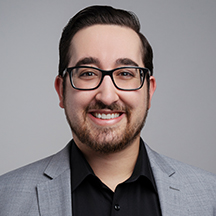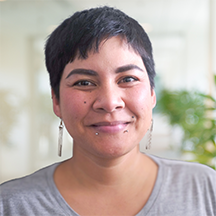
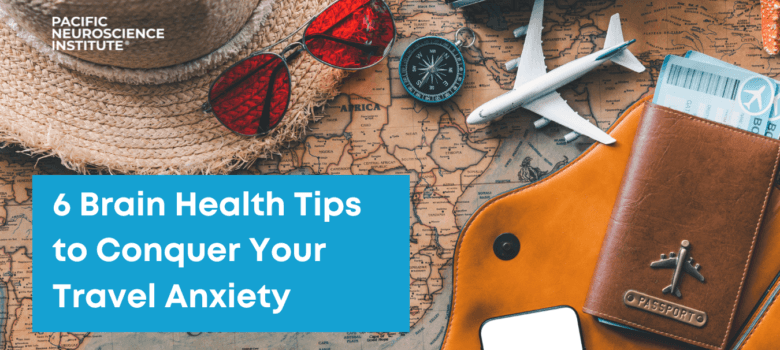
6 Brain Health Tips to Conquer Your Travel Anxiety
by Brianna Rauchman
Why does traveling cause so much anxiety? Discover why your brain prefers to stay home, and how to overcome your traveling fears with memory and cognitive experts from PNI’s new Lifestyle Program.
Unfamiliar environments. Physical fatigue. Confusing plans. New languages. Traveling is one of life’s greatest thrills, but for those predisposed to panicking, vacations may trigger unwanted anxiety.
Did you know that our minds naturally avoid the unknown? Your amygdala – the part of your brain that responds to threats – releases fight-or-flight hormones at the first sign of chaos. Partnered with your emotion-regulating amygdala is the tried-and-true executive brain, which sends signals to the frontal lobe and positively prefers familiar patterns. For example, you probably take the same route to work or school most days, prefer coffee from your favorite café, or go to the hairdresser you know and love. There’s less risk, less uncertainty, and more safety. However, if you strictly follow these well-trodden neural pathways, you miss out on the world’s abundant terrain!
Your Brain Actually Needs New Things
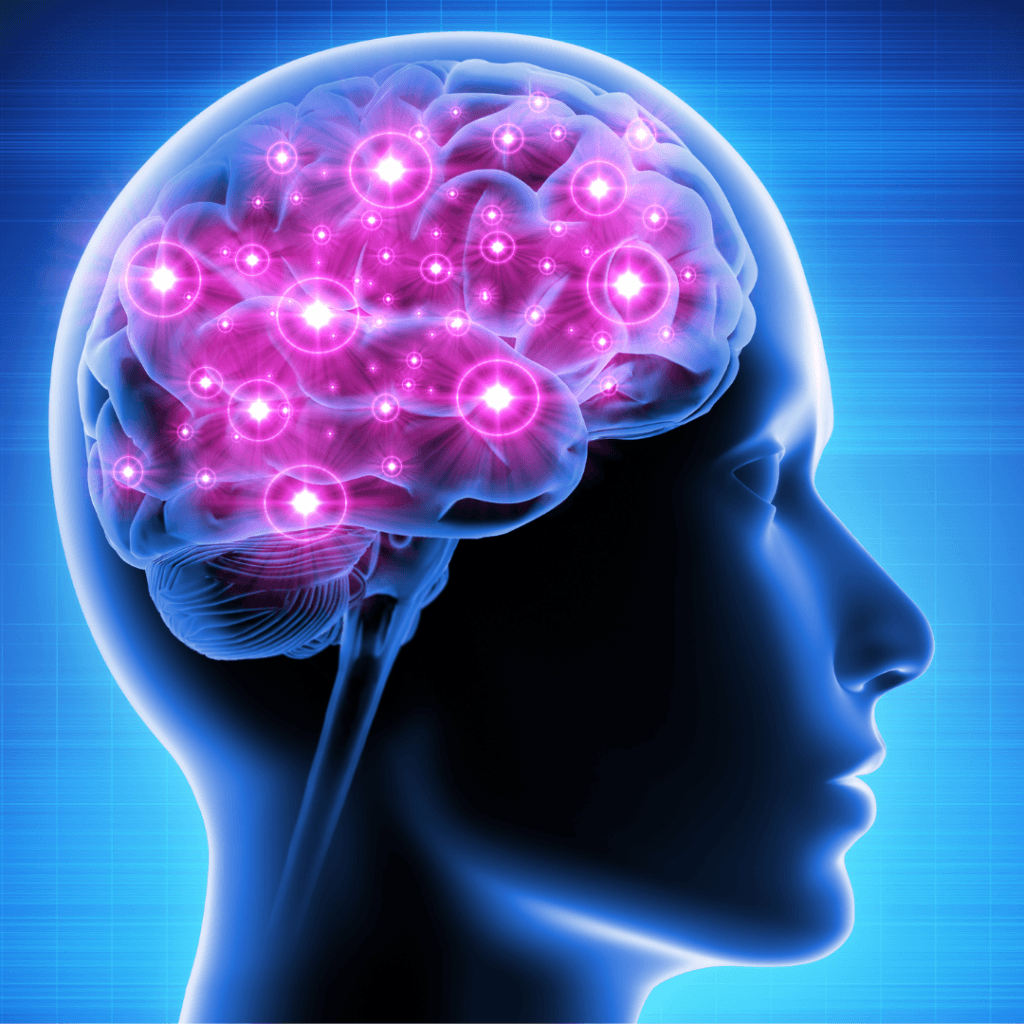
Novelty is an incredible part of life. In fact, it’s practically essential. New environments stimulate your cognition, activating dormant neurons (brain cells). As these neurons fire up, new neural pathways are formed. Previously inactive synapses, which facilitate the communication between neurons, forge new connections, increasing your mind’s strength, flexibility, and longevity. While Stone Age hunters and gatherers benefitted from risk-adverse activity (they had enough to worry about), modern routines often lack enough stimulation to keep your mind sharp.
Tackling the Effects of Social Isolation
Not convinced yet? Here’s a real-world test case. The subject? You. It’s 2020. A pandemic catapults the world into stagnation. Locked in your home, limited access to friends and outings…just you, your phone, and some existential angst. And guess what? Your thinking probably felt a bit foggy. The lack of novel sensation was depleting your brain health.
The initial months and years of the pandemic compromised cognitive stimulation across all ages and demographics, to our collective detriment. In fact, the CDC reports that social isolation is associated with a 50% increased risk of dementia, a 32% increased risk of stroke, and a heightened prevalence of numerous mental health conditions.
Taking small steps towards breaking isolation will help you gain confidence as well as have new experiences that will invigorate your brain.
Training Your Brain for New Experiences
Fortunately, memory training and lifestyle adaptations can help preserve (and go a long way towards restoring!) your cognitive fitness. The groundbreaking comprehensive Lifestyle Program at Pacific Neuroscience Institute®, directed by nationally acclaimed memory and cognitive expert Karen Miller, PhD, provides holistic guidance to jumpstart your synapses.
It is normal to experience some cognitive and memory decline with aging, but if you feel that sluggish brain has caught up with you, especially during the last two years, check out our Vital Minds courses available through the Lifestyle Program. Vital Minds is for memory-related concerns and challenges, including normal aging and mild cognitive impairment. Vital Minds addresses exercise, nutrition, and stress management while focusing on the importance of strategic memory training. The Lifestyle Program encourages whole-brain workouts for a rejuvenated mind, just like traveling.
6 Tips for How to Overcome Your Fear of Traveling
People and environments stimulate our senses. That’s why traveling, both abroad and locally, is so beneficial for your brain health.
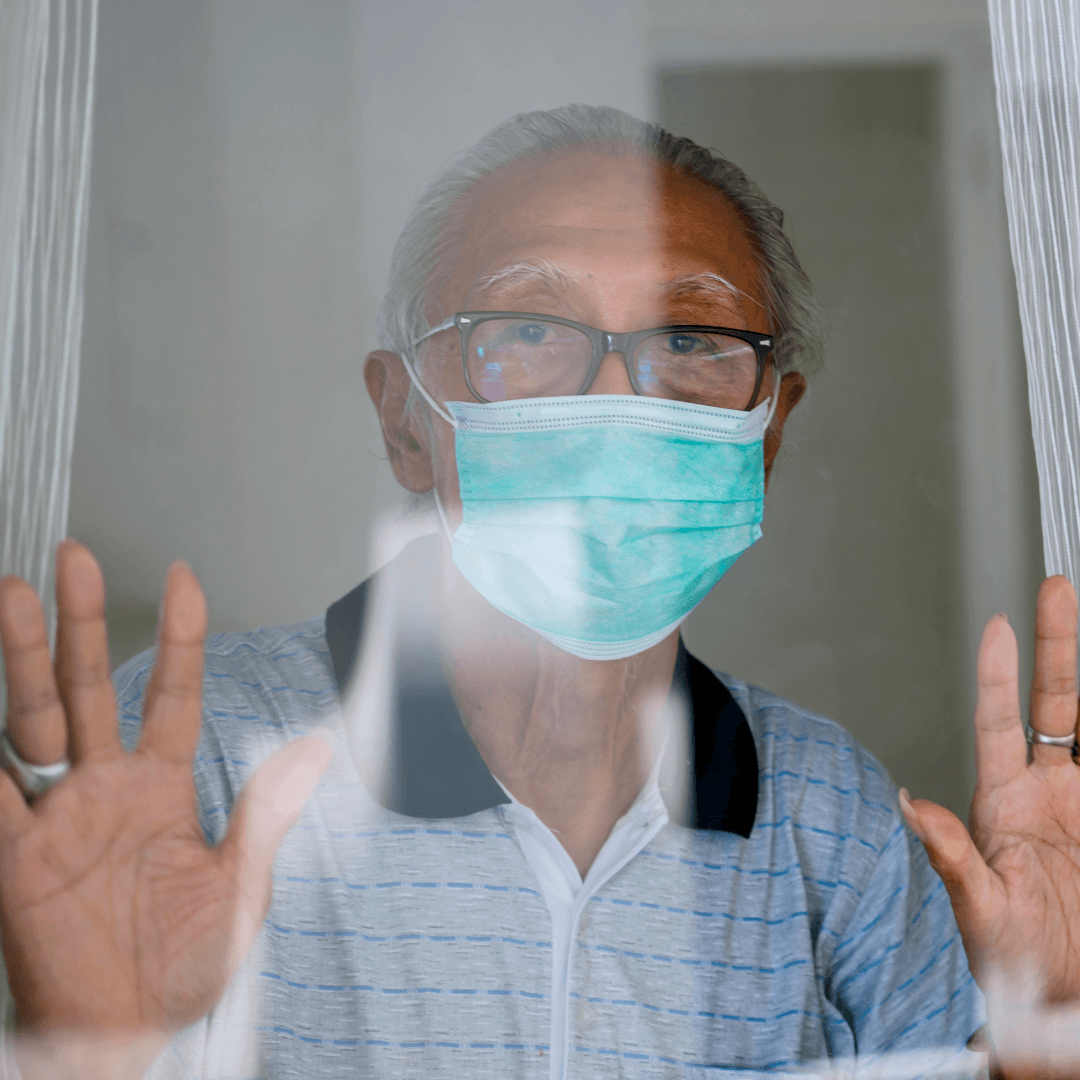
If you’re frozen by traveling fear, check out this list of 6 handy tips to prepare you for a season of jet-setting. And for those who prefer not to travel due to financial, medical, or other reasons – keep reading to discover coping strategies for stressful situations in general!
1. Take a travel appetizer: Expose yourself to new activities before your trip.
If you’re accustomed to that work-from-home, eat-from-home, do-everything-from-home lifestyle, traveling may seem especially unnerving. Repeatedly exposing yourself to activities outside your comfort zone will help you prepare for travel-induced stressors. Try out some of the following activities to prep for your next trip:
- Plan a night out in the next city over or a new neighborhood
- Attend a karaoke night
- Try a restaurant you’ve never been to before
- Go on a sunrise hike
- Visit a new museum
- Sign up for volunteer work
2. Travel with people you trust.
When immersed in an unfamiliar environment, surround yourself with people you can rely upon. If you’re comfortable with your traveling buddies, you may find new experiences less daunting.
3. Teach yourself coping mechanisms.
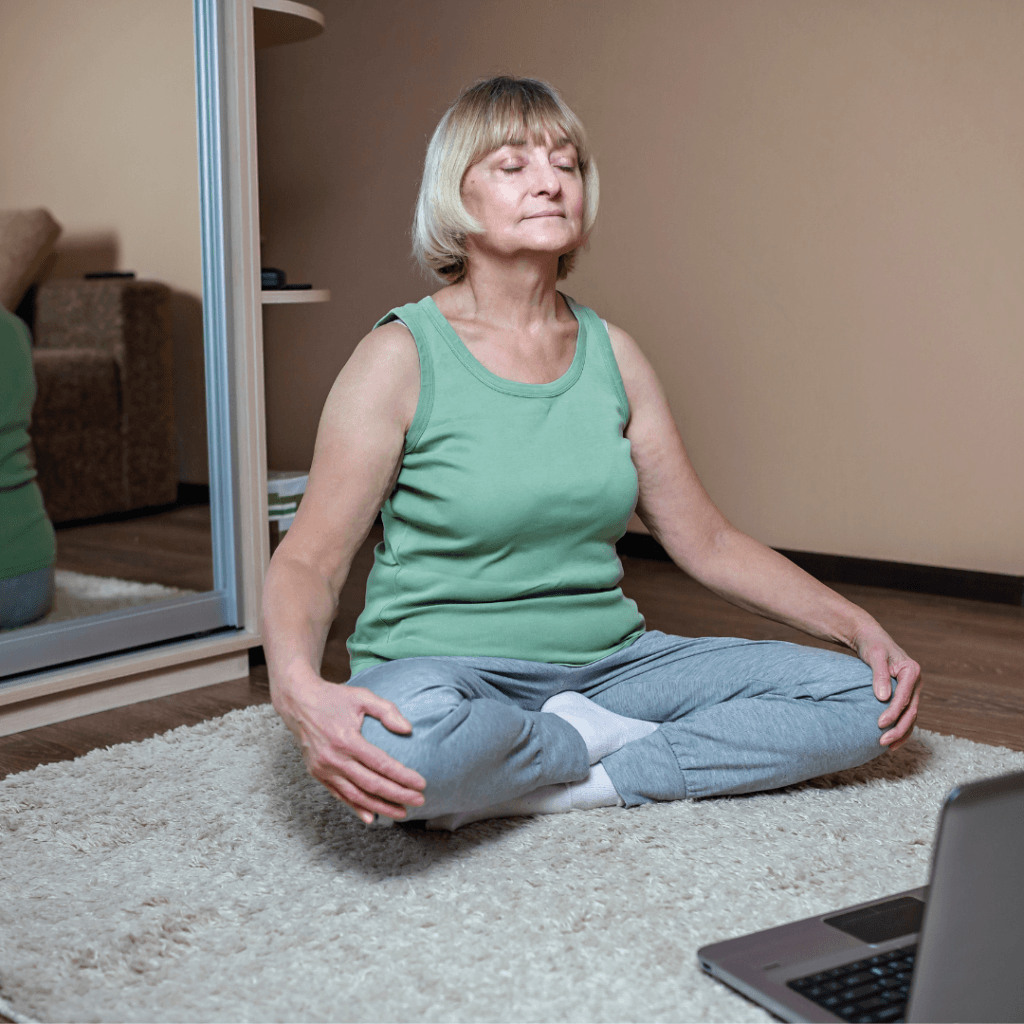
From meditation, to affirmations, or even an on-the-go stress ball, there are numerous strategies to decrease your travel anxiety. Prep for your next big trip with calming activities for coping with stress. Check out this list of coping tips to alleviate your travel stress:
- The 5 senses exercise. Notice five things you can see, four things you can feel, three things you can hear, two things you can smell, and one thing you can taste (bring mints on the go!).
- Have a list of positive affirmations (such as I am resilient, I am capable, or I am safe) to recite every morning, or in times of heightened stress.
- Keep your body moving. Some vacations are more active than others – and that’s OK! However, if you’re lounging by the beach, make time for daily exercise to minimize your stress.
- Download a guided meditation app. Watch a PNI guided meditation here.
4. Plan, plan, and oh yeah… plan.
There’s no need to go overboard, but a little bit of planning will save you a whole lot of stress. Bring extra cash, first aid kit, and extra medications in stock in case of a mini travel emergency. These extra precautions will significantly reduce your travel anxiety.
5. Invest in some pre-travel self-care.
The worst part of traveling is often the anticipation, as you contemplate every possible worst-case scenario. What if I lose my passport? What if I get ill? What if… Stop right there! Take a deep breath. And another. Now order (or cook) your favorite meal, watch your TV comfort show, run a warm bath, take a walk with your friend, or do whatever else brings you peace.
6. Make a list of things you’re excited about!
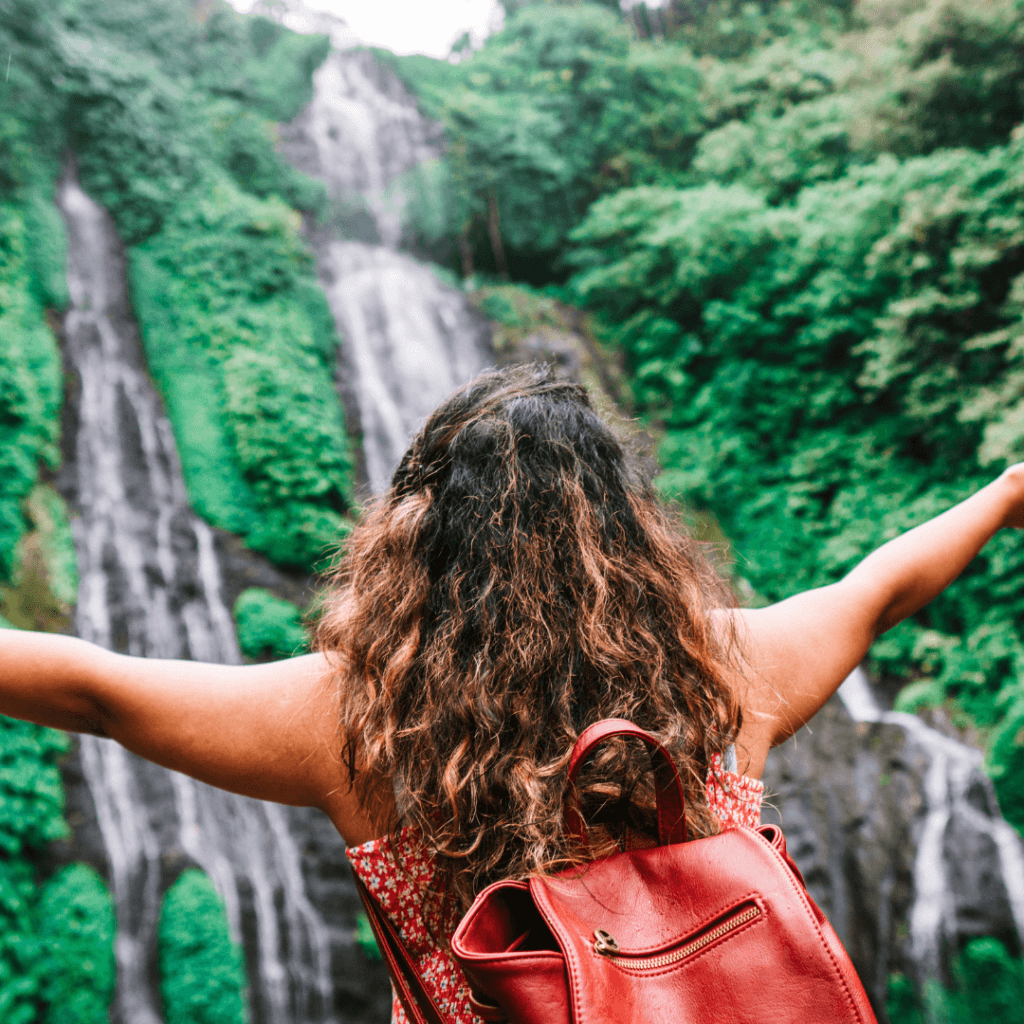
When drowning in worry, the benefits of traveling may get lost in the tides. Reconnect with why you want to travel by journaling about things you’re excited about. Perhaps it’s exploring new cities, eating delicious food, or simply spending quality time with people you love. Carry these reminders with you on your trip so you can re-read them when your anxiety flares up.
Food for Thought
“Do your brain a favor and don’t cancel that upcoming vacation. Here’s some food for thought: Have you ever considered it just might be amazing? It’s easy to find yourself worrying about what might go wrong. Yes, there’s a chance that some things may not go according to plan. Find comfort in the fact that your brain and body can adapt.You are far more resilient than you know.
About the Lifestyle Program
The Lifestyle Program at Pacific Neuroscience Institute offers a multimodal educational approach to optimize brain wellness by providing integrated and holistic guidance on how to preserve, improve and enhance cognitive brain fitness. Participants in the Lifestyle Program will learn about memory training, nutrition, and combined physical and cognitive fitness (dual tasking). Our cross-platform programs are personalized for each client. Virtual and in-person sessions are available.
Lifestyle Program Locations
The Lifestyle Program offers virtual and in-person sessions for a wide range of holistic and integrated cognitive training and education.
1301 20th Street, Santa Monica, CA 90404
213-344-2037 / voicemail
Meet the Lifestyle Team
How to enroll in the Lifestyle Program
To learn more about eligibility and participation, visit the Lifestyle Program. We are dedicated to improving brain health and helping prevent cognitive decline.
Voicemail for Lifestyle Program: 213-344-2037
Useful Links
About the Author
Brianna Rauchman
Brianna Rauchman, BA, is the Communications Coordinator for the Lifestyle Program, where she helps develop outreach strategies to connect with an expanding audience. Her responsibilities include providing launch support, developing content, assisting with collateral design, and planning social media strategies.
Last updated: June 23rd, 2023


